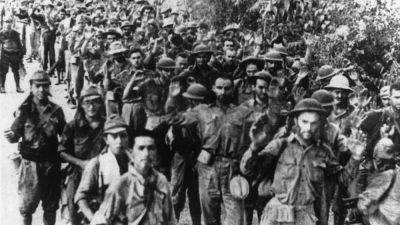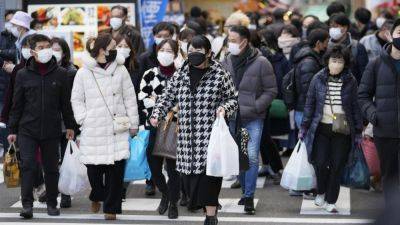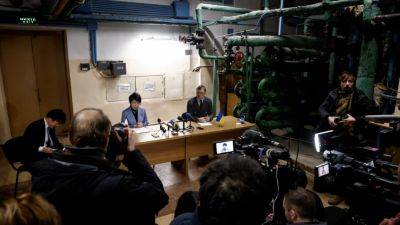Japan ‘needs to learn lessons’ from slow quake response after 30 victims die in cold while trapped, waiting for rescue
Japanese police on Thursday raised the death toll of the magnitude-7.6 quake that struck the Noto Peninsula on New Year’s Day to 238, with 19 people still listed as missing. Of the 238, at least 32 died from extreme cold waiting for rescue teams, police said. Most were in the coastal towns of Wajima and Suzu, on the northern coast of the prefecture, which bore the brunt of the quake and subsequent tsunami.
Most victims were killed when old, wooden buildings collapsed on them, but autopsies indicated around 14 per cent survived in the rubble only to die later from the cold, the Mainichi newspaper reported.
The first 72 hours after any natural disaster are considered to be the critical window for recovery efforts, as survival rates drop off significantly after that period.
Takeshi Sagiya, a professor at Nagoya University’s Research Centre for Seismology, Vulcanology and Disaster Mitigation, said government and emergency services “need to learn lessons” from the disaster, chiefly to pass accurate information on the scale of a crisis to national and regional leaders so they are able to make the most appropriate decisions.
“We need to develop an automated system that passes on all the critical data to the emergency services so they can respond quickly and save as many lives as possible,” he said.
“The January 1 earthquake was one of the biggest in Japan in recent years and was a major quake even in comparison with the Kumamoto tremor in 2016 and the one on Kobe in 1995,” he told This Week in Asia.
“The shaking was even stronger than those quakes, but there were some key differences,” he said.
“Noto is a more remote part of Japan, with a population of mostly elderly people. Most of the homes there are also older, with only an







